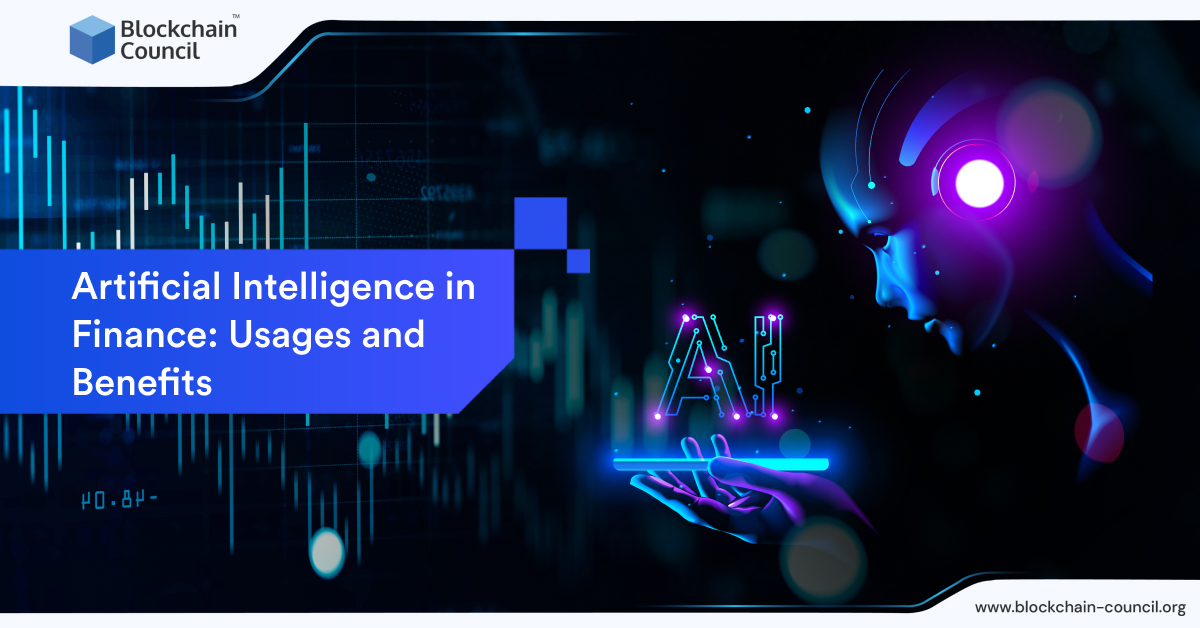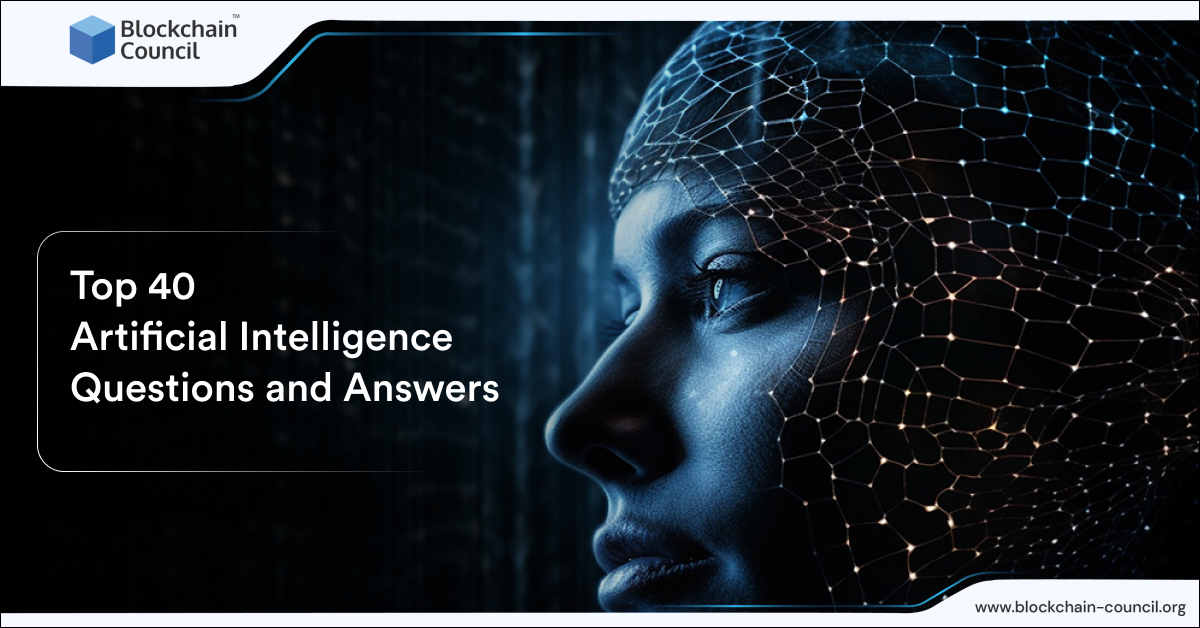
- Blockchain Council
- June 23, 2023
Meta Platforms, the parent company of Facebook, has recently unveiled a groundbreaking artificial intelligence (AI) model called Image Joint Embedding Predictive Architecture (I-JEPA). This model is a significant step forward in realizing the vision of Yann LeCun, Meta’s Chief AI Scientist, and represents a novel approach to AI image analysis. I-JEPA is designed to learn by creating an internal model of the outside world and comparing abstract representations of images, rather than focusing on pixel-level details.
According to Meta, I-JEPA has demonstrated exceptional performance across various computer vision tasks and exhibits superior computational efficiency compared to other widely used computer vision models. This breakthrough AI model aligns with Meta’s mission to build AI systems that closely mimic human understanding of the world. Mark Zuckerberg, CEO of Meta, highlighted the significance of this research and its potential in the development of AI assistants.
One of the key advantages of I-JEPA is its ability to generate representations that can be applied to diverse applications without extensive fine-tuning. For instance, Meta has trained a visual transformer model with 632 million parameters using 16 A100 GPUs in just under 72 hours. Remarkably, this model achieves state-of-the-art performance for low-shot classification on ImageNet, even with only 12 labeled examples per class. In comparison, other methods require significantly more GPU-hours and achieve inferior results with the same amount of data.
Unlike traditional approaches that collapse representations from multiple views of an image into a single point, I-JEPA aims to predict the representation of one part of an input based on the representation of other parts of the same input. This method, called the JEPA, offers advantages over invariance-based pretraining, as it avoids biases and associated issues. The JEPA’s predictions are closer to how humans perceive the world, making it more effective in capturing high-level concepts.
Also read: AI-Driven Recommendations Boost Instagram Engagement by 24%, says Meta CEO Mark Zuckerberg
Meta’s commitment to advancing AI technology is evident in its recent unveiling of Metamate, an AI chatbot designed to compete with rivals in the field. The company’s dedication to open-source AI research is also reflected in its decision to grant researchers access to certain components of the I-JEPA model. By sharing these advancements, Meta aims to foster innovation, identify safety concerns, and reduce costs.
Despite concerns raised by industry peers about the potential risks of AI, Meta’s executives have emphasized their commitment to incorporating safety mechanisms into AI systems. Yann LeCun, a prominent figure in the AI field, opposes the notion of “AI doomerism” and advocates for responsible integration of AI technology.
Meta’s integration of generative AI functionalities into consumer-oriented products highlights the company’s dedication to expanding creative possibilities and customization options for users. From ad tools capable of generating image backgrounds to an Instagram product that can modify user photos based on textual prompts, Meta aims to provide users with a unique and personalized experience.
I-JEPA’s unique approach to learning, which mimics how humans acquire knowledge, sets it apart from other generative AI models. By predicting missing information using abstract representations and focusing on high-level concepts, I-JEPA avoids common mistakes made by other models. This AI model has already demonstrated its remarkable performance on various computer vision benchmarks and proves to be more computationally efficient than its counterparts.
Meta’s researchers are confident in the potential of I-JEPA and its applicability in different domains, such as video interpretation. By open-sourcing the training code and model checkpoints of I-JEPA, Meta encourages further exploration and development in the AI community. As the company continues to pioneer advancements in AI technology, it brings us closer to a future where machines can learn, understand, and adapt to the world in a way that parallels humans.
Also read: Google Introduces AI-Powered Image Generation Feature for Slides





































































 Guides
Guides News
News Blockchain
Blockchain Cryptocurrency
& Digital Assets
Cryptocurrency
& Digital Assets Web3
Web3 Metaverse & NFTs
Metaverse & NFTs
